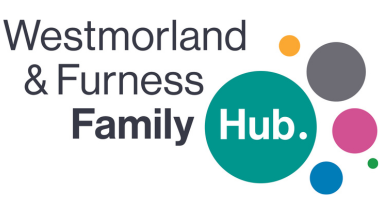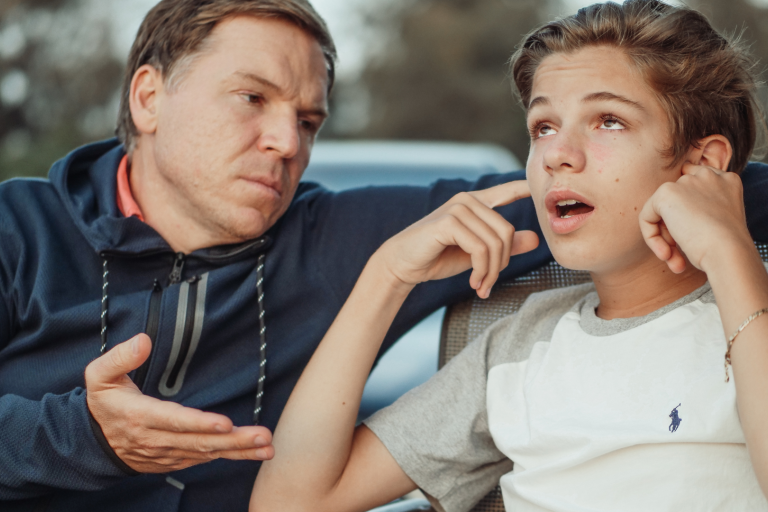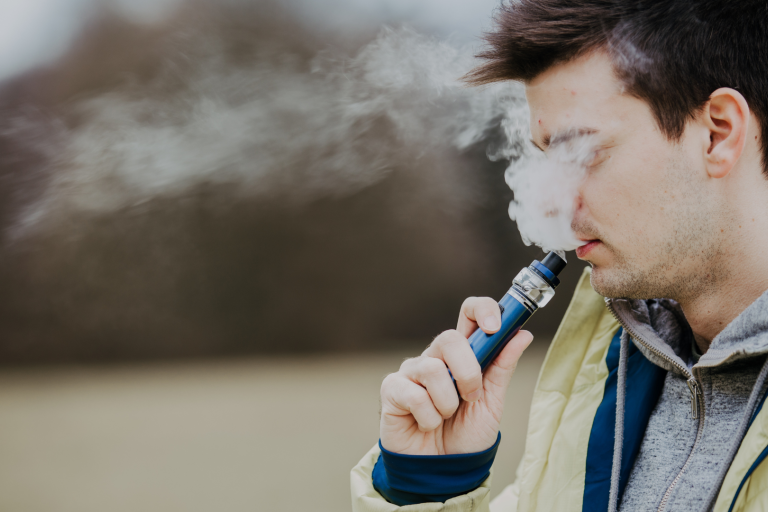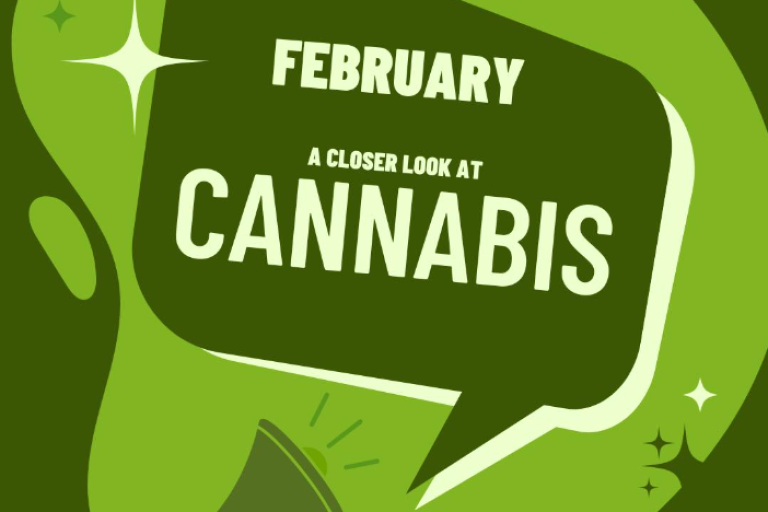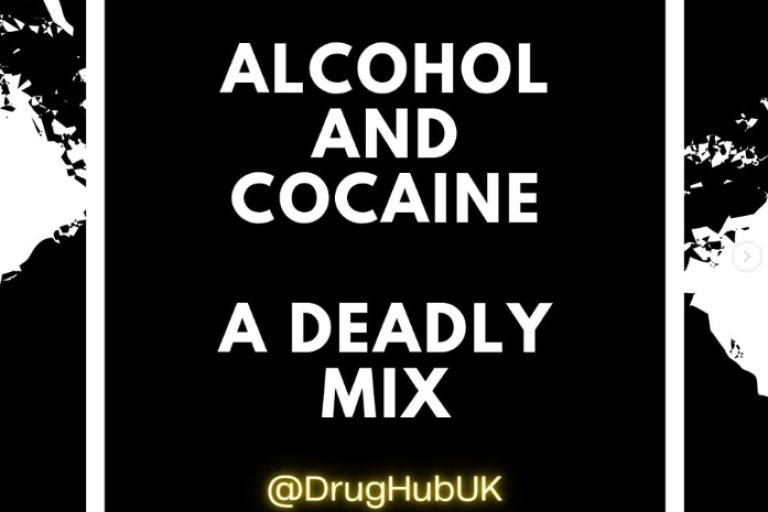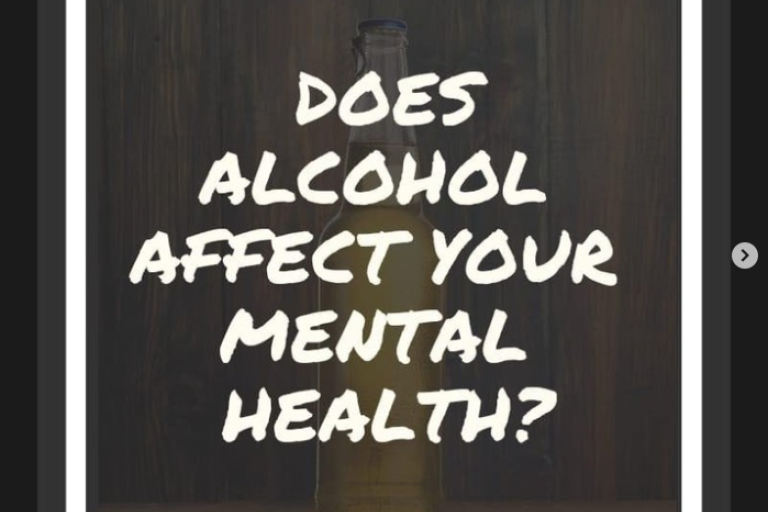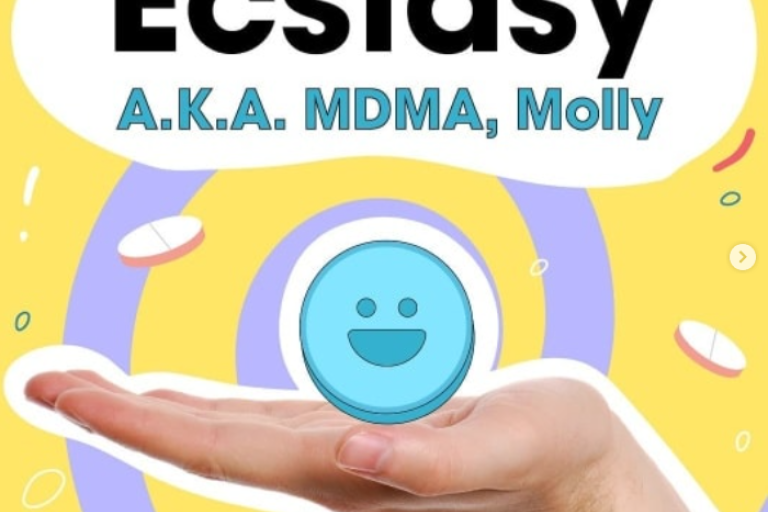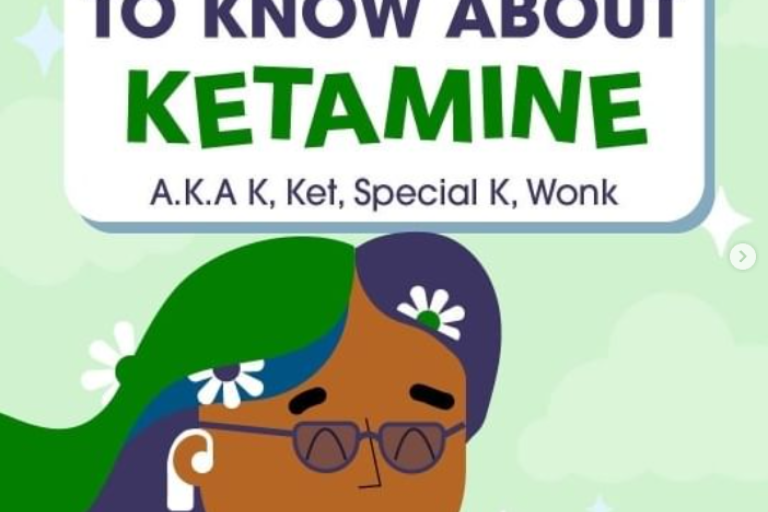Find out the facts before your start the conversation.
Drugs and Alcohol
Get Informed
Research shows that when young people have questions about drugs and/or alcohol, the first place they go for information is to their parents or carers.
The world in which our young people are growing up is very different from when we as parents grew up:
- Social media is everywhere and young people have access to a stream of information 24/7, information that is not fact-checked, consistent or even accurate.
- The internet provides a wealth of information for curious minds, and it is not always easy to understand whether information is factual, or opinion-based.
- Social norms are continuously changing. Young people live in a world where they are exposed to drugs and/or alcohol in a way that just didn’t happen even 15 or 20 years ago, whether it is in the street, social media or within films. Substances of all kinds are much more accessible and in many ways, drug taking has lost the stigma it once had.
Most young people don’t use drugs and alcohol to excess and having open and honest conversations with young people does not encourage them to try or take drugs and alcohol. Giving young people accurate information or practical strategies – “what would you do if…” - helps them to make informed decisions, to keep themselves and their friends safe. It's not just about your young person, if one of their friends is in difficulty, your son or daughter having the right knowledge can change the outcome - knowing how much to take, what not to mix, and what to do in emergencies are just some of the things that can save lives and reduce harm.
Tips for talking to young people about drugs and alcohol
Find out the facts
Think about how you will react
If they say that they have used drugs or alcohol stay calm; we want to encourage open and non-judgemental conversations.
Don’t make assumptions
Don’t make assumptions about what your young person knows or what they do. Ask.
Pick a good time to talk
Think about when and where works best. This can mean taking the opportunity when you see someone drinking to excess or hear something in the news about drugs to open up a conversation. Stories in the news or related storylines on TV can be good ways to start a conversation. Using these to open a conversation may mean that your young person doesn’t feel like you are accusing them of something, and they may be more likely to open up and talk with you.
Listen to them
Listen to what they have to say and don’t lose your temper if you don’t agree with what they say – it may make them rebel more and be less open to talking further. Explain your concerns and tell them why you don’t want them to use drugs and or alcohol.
Let them know that you are there for them and care about them
It is important that young people know that they can come to you with questions and have a conversation with you about substances – that way they are getting clear and reliable information to help their decision-making.
Talk about the different reasons why young people may use drugs and alcohol
Give examples such as wanting to fit in, curiosity or stress. Talk through effective ways to respond if they ever feel pressured to try it.
If your young person is using drugs or drinking
Try to understand why they are doing this by asking questions like, “What do you enjoy about it” or “How does it make you feel?” Understanding this might help you to understand their needs and discuss other ways to meet those needs.
Set boundaries
Make it clear what your house rules are so they know what you will and won’t accept.
Call on your friends, family or wider network
If you or your young person don’t want to talk, why not ask someone else they have a relationship with or respect to have a chat with them?
Go back to it
These conversations can feel really challenging but they are important, don’t give up if it feels like it is all going wrong. Take a break and go back to it another time.
What support is available locally for your young person?
We have Youth Substance Misuse Officers who will work on a 1:1 basis with young people. They are specialists, who are experienced in working with young people in relation to substance misuse. Referrals to the service come from a wide range of professionals, from parents or carers and young people can self-refer.
Once a referral is received an officer will complete an assessment with the young person of their alcohol/substance use, usually within the family home and they will then plan the sessions they will deliver with the young person tailored to their individual need. They aim to share appropriate education and harm reduction advice, relating to alcohol/substance misuse and related risk-taking behaviour.
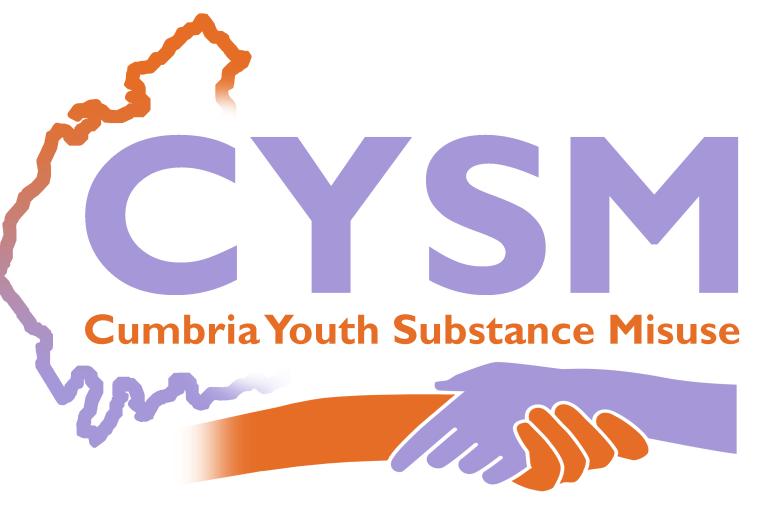
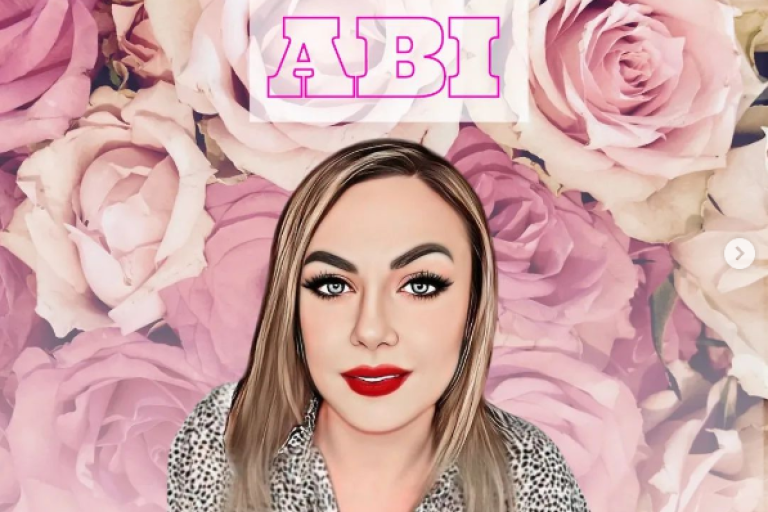
Abi Macrae (Carlisle & Eden)
For Carlisle and Eden area. Call 07825 340514 or email abi.macrae@cumberland.gov.uk
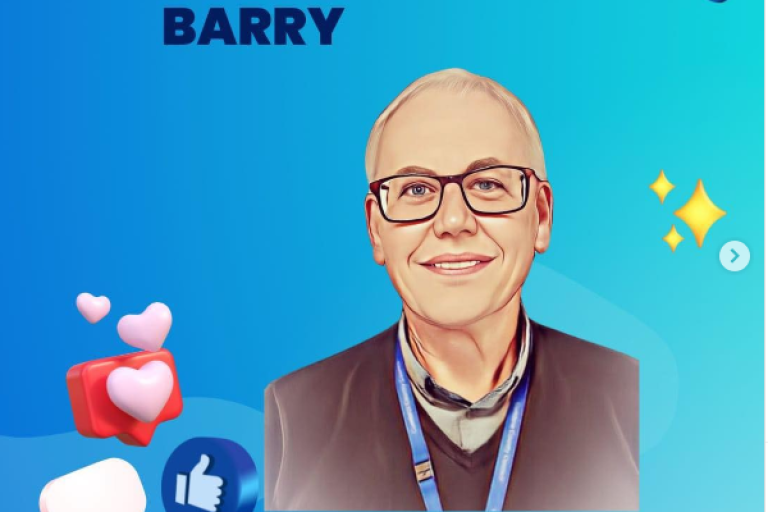
Barry Arnison (Allerdale & Copeland)
For Allerdale and Copeland area call 0788 794 7621 or email barry.arnison@cumberland.gov.uk
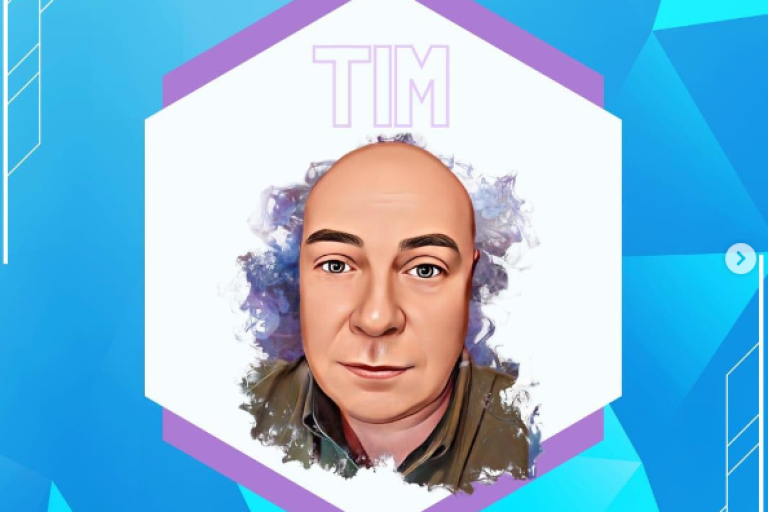
Tim Field (Barrow, South Lakes & Eden)
For Barrow, South Lakes and Eden areas call 07900 060645 or email Tim.field@westmorlandandfurness.gov.uk
“What worked for me was talking about how drugs and alcohol affect people in different ways both positive and negative.”
"I learned a lot more about how to be safe when smoking or drinking."
Call our Addiction Helpline 0800 2 54 56 58 11 am - 5 pm weekdays (11 am-7 pm Wednesdays)
Find out about Jade's story
Thank you so much to @jadevanlierop for sharing her story with @DrugHubUk. Although being open and honest is hard, it is so valuable and encouraging to others that are struggling too. We SO appreciate your honesty Jade and are honoured that you shared your journey with us ❤️
If you can relate to Jade’s story and need any support please get in touch or follow @DrugHubUk on Instagram to find out more.
Josh talks to Drug Hub UK
Josh talks to Drugs Hub UK about the effect of drugs on his mental health. Get regular bitesize information on drugs by following @drughubuk on Instagram or checking out the video on You Tube.
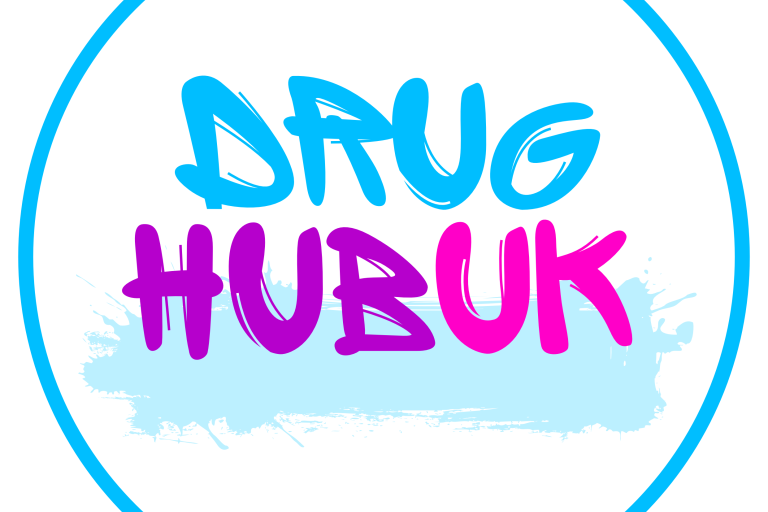
Drug Hub UK
A safe space to access info/advice/support to reduce risk around drug and alcohol use. DM the Drug Hub team, and follow them on Instagram to get regular information and myth-busting facts around drugs straight to your phone.
Find out more about alcohol and specific types of drugs
You need to be logged into Instagram on your device for the links to direct you to the relevant Instagram stories.
